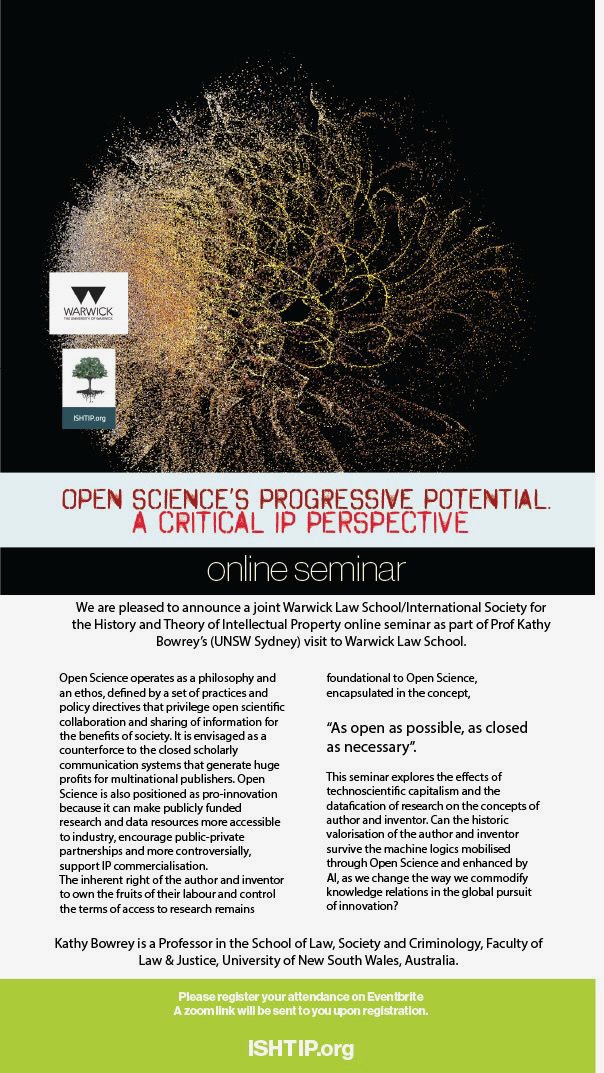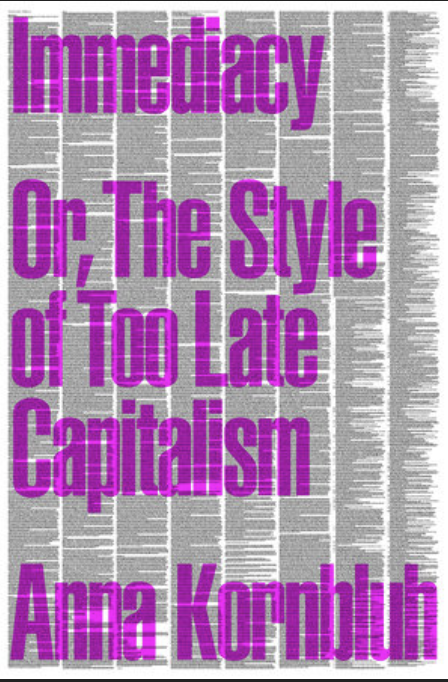Piracy and anti-piracy as generative forces
Ramon Lobato and Julian Thomas
Institute for Social Research, Swinburne University of Technology
Abstract
From the perspective of rights holders, piracy represents lost revenue. In this article we argue that piracy, nevertheless, has important generative features. We consider the range of expanding commercial opportunities that piracy opens up around the media industries, and we offer a preliminary model of transnational anti-piracy enterprise. We situate piracy not only in relation to the law, but as an element of what we take to be a larger informal media sector, characterised by close relationships with formal businesses that are not necessarily aligned to media production. Our analysis notes the increasing commercialization of piracy-related research, enforcement, and technology, and the continuing development of new business models for capturing revenue from pirate distribution. A case study of “speculative invoicing” lawsuits demonstrates both the extent of this commercialization and its detachment from the mainstream content industries. By focusing on the diversity, agency and autonomy of anti-piracy businesses, we seek to move the deadlocked piracy debate away from sectional advocacy, and toward a more positive analysis of the complex legal and economic ecologies of intellectual property.






